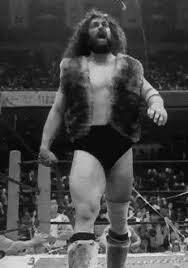All the hubbub about the 30-year anniversary of Madonna's debut album inspired me to write this last night and edit it this morning. Enjoy!
As an eleven-year-old adolescent living in Kansas, my only connection to the burgeoning, wilting New York City art scene was Madonna’s self-titled debut album. Like so many other children of the Eighties, my own early conceptions of sex were shaped by my mediated interactions with her. It started innocently, with a dream I had sometime after hearing “Borderline” for the first time, when I had a dream that she visited my school with her artsy entourage and picked me out to be her friend. Things got complicated when Playboy printed photos in 1985 from her now-mythic 1978 Lee Friedlander photo shoot, and I spent more than an hour at the 7-11 pretending to play the Journey Escape video game while sidling over to the magazine rack, only to be kicked out by a college student working the front the moment I touched the Playboy. And I was spurned when she married Sean Penn in 1986 and rubbed it in my face by dedicating her next album, True Blue, to him. I was secretly gratified when the marriage publicly failed, and wanted to find Penn and hold him to account when I read that he’d beaten and left her “trussed up like a turkey” when she gave him the divorce papers. I’ve since forgiven Penn, but I still haven’t watched the movie At Close Range, which features my favorite Madonna song, “Live to Tell.”









